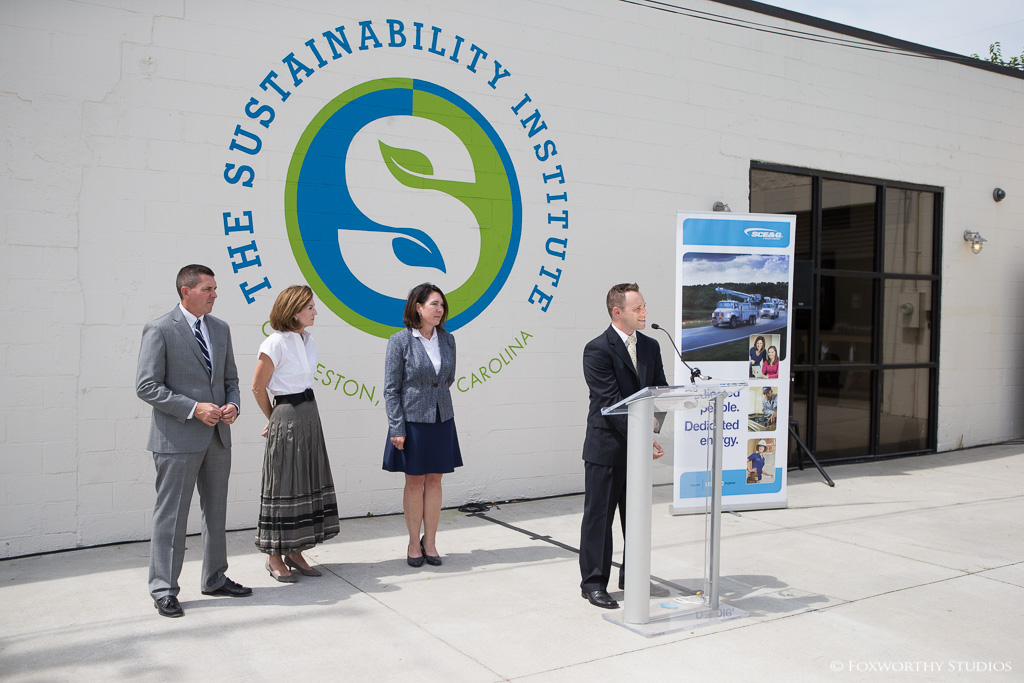This work is more urgent than ever as we approach global climate instability and tipping points; as we continue to see significant loss of critical wetland habitat throughout the southeast region that are ecologically, economically, and culturally important; as neighborhoods across the tri-county – one of the fastest growing regions in the country – face unprecedented pressures from growth and development; and as frontline communities throughout the South Carolina coast face increasing impacts and vulnerabilities. We must do more, we must work faster, and we must include everyone.
But we have reason to hope. Over 1,300,000 sf of commercial buildings in our region are now being certified in our Charleston RISES program because
their designs and construction are future-minded and high-performing. Young people are signing up to serve their communities as AmeriCorps members and climate leaders at rates we’ve never experienced before – over 150,000 hours have now been served by members in our programs. Climate action plans are being thoughtfully advanced by our local governments and planning agencies. Public land agencies and private citizens are racing to protect and preserve more and more acres of critical habitat under conservation easements. And we have an amazing conservation community – a diverse network of conservation agencies and inspiring people working individually and collectively – that are dedicated to defending our environment and stand as our best hope.
Square feet of commercial and multifamily buildings currently being certified through our Charleston RISES program.
Hours of conservation service provided by by our AmeriCorps members in our region.
Number of homeowners in the greater Charleston area that have been empowered with new skills and robust education that has helped them reduce their home energy bills through simple home repairs and behavioral modification.
Number of homes that have been energy-audited by our certified professionals, helping provide homeowners with a roadmap for making efficiency improvements and helping them access incentives and rebates.
Number of low-income homes have been fully weatherized and upgraded with energy efficiency repairs and improvements, saving most families 20% or more on electricity costs.
Number of at-risk youth and veterans have participated in our AmeriCorps workforce training program, the Environmental Conservation Corps.
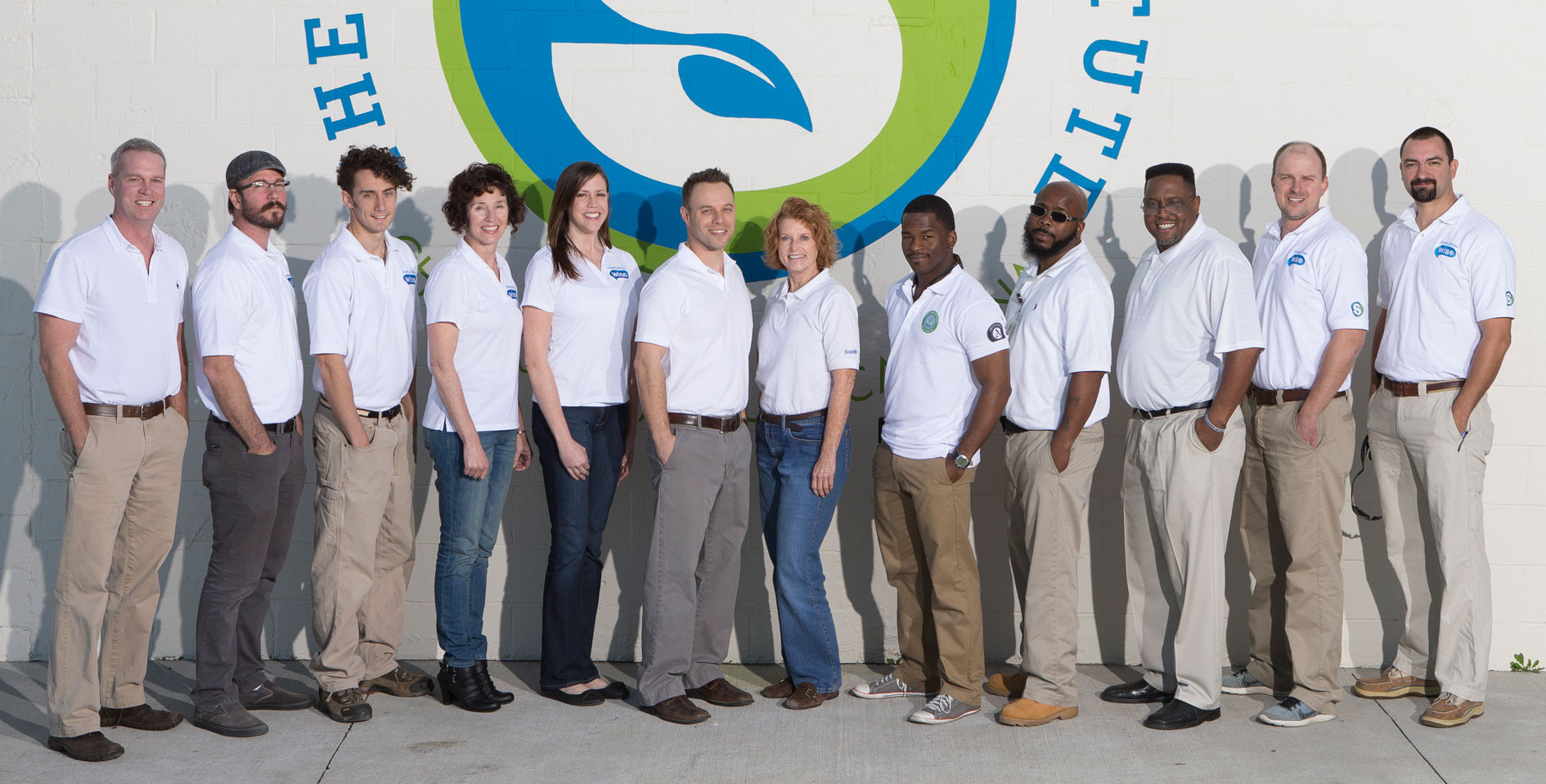
The Sustainability Institute spearheaded one of the country’s first “EcoDistricts” – a pilot project that incentives sustainable practices for redevelopment of the City of Charleston’s Upper Peninsula area.
The Sustainability Institute managed a 3-year Better Buildings energy efficiency program funded by the U.S. Department of Energy and Southeast Energy Efficiency Alliance which served more than 1,000 customers, retrofitted more than 200 Charleston homes, trained building professionals, and qualified families for utility rebates for efficiency upgrades.
The Sustainability Institute managed a pilot project for the Home Depot Foundation’s Sustainable Cities Institute which conducted 200 energy assessments and retrofits on Charleston houses and produced a specialized curriculum on retrofitting historic structures.
More than 200 disadvantaged individuals were trained and certified through a green jobs initiative that we co-managed with Trident Technical College as a part of the U.S. Department of Labor’s “Pathways Out of Poverty” program.
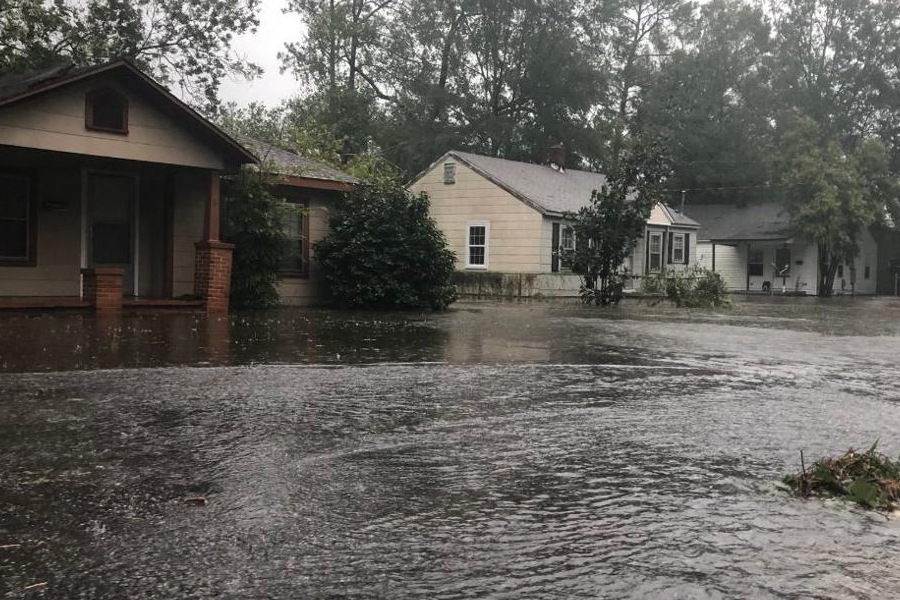
The Lowcountry region’s poorest communities are the most ill-equipped and vulnerable to severe climate-related environmental challenges, including excessive heat, flooding, air pollution and major storms.
These communities are disproportionately impacted by having a higher rate of adverse health conditions, increased exposure to environmental hazards, and take longer to bounce back from natural disasters.
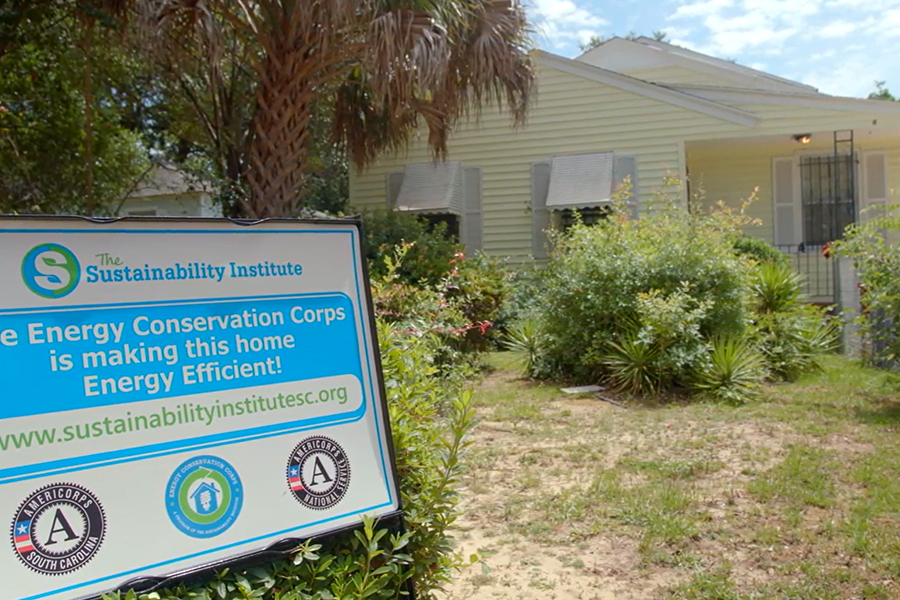
Housing disrepair is rampant in low-income communities.
Families lack access to safe, efficient and affordable housing.
Families suffer economically from historically rising and unaffordable energy costs.
More than 50,000 homes in the Charleston area are in urgent need of energy upgrades. Electricity bills for many families in Charleston have risen more than 30% since 2010. Cost-effective efficiency improvements in low-income households in our state can reduce electricity consumption by 29-32% on average.
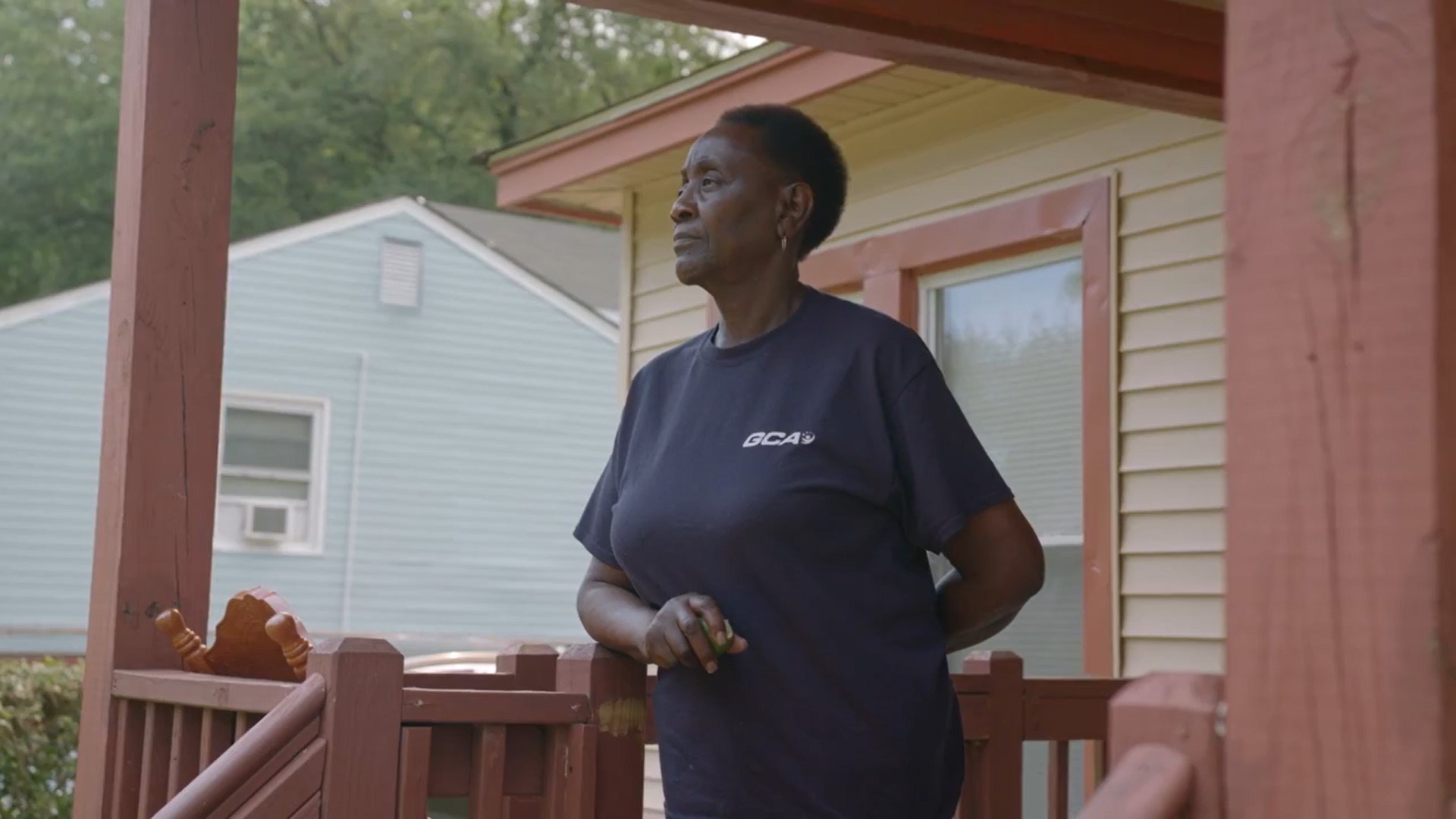
Low-income households spend a larger portion of their income on home energy costs (as much as 3x other households) and thus carry the highest energy burden, often causing them to choose between paying energy bills and paying other essential expenses.
South Carolina ranks fifth for the highest low-income energy burden, with low-income families using 36% more electricity than the low-income national average. The low-income energy burden for many low-income families in our state is above 10% (they spend more than 10% of their income on energy), more than $350/month in electricity costs for many of the families we serve.
The Institute is guided by an active Board of Directors as well as active Advisory and Working Groups.
Our daily work is led by a staff of professionally-certified sustainability and energy experts.
